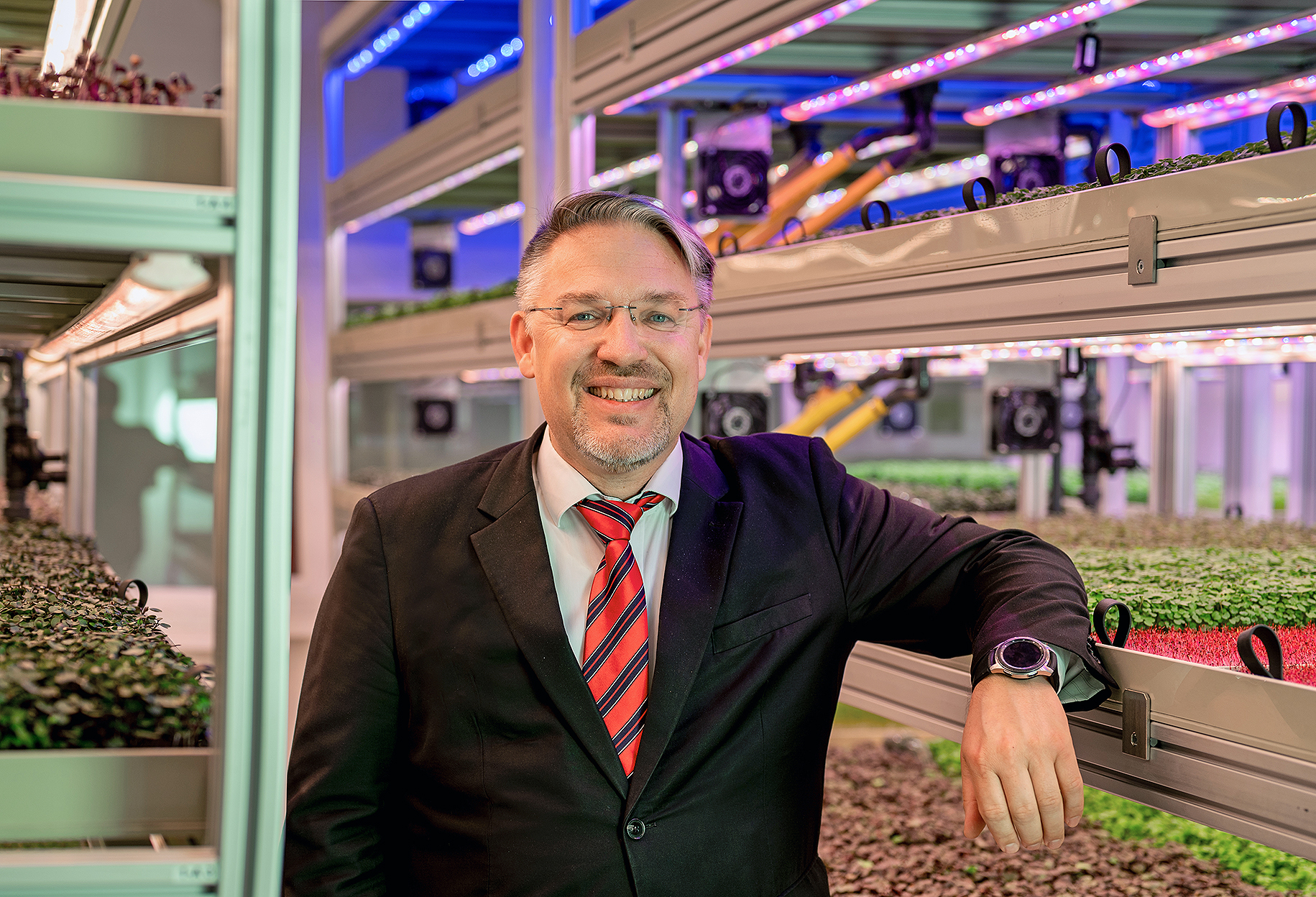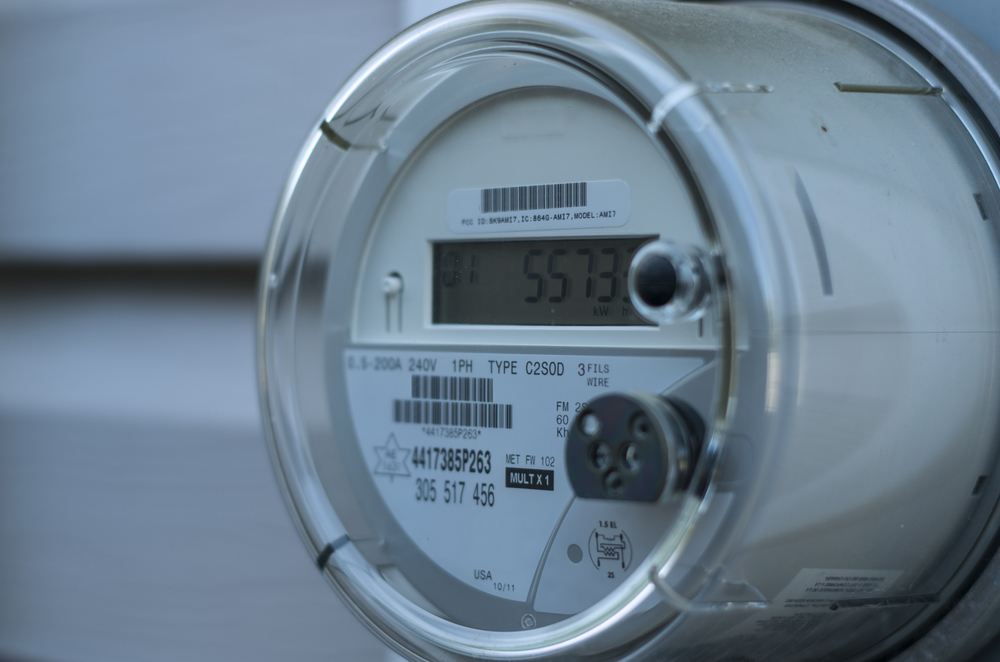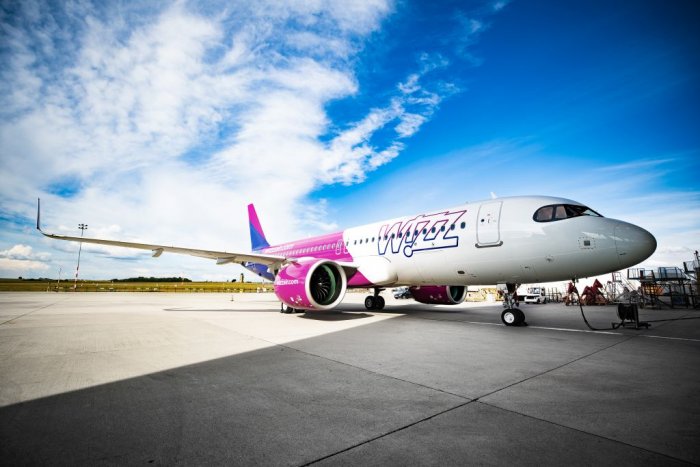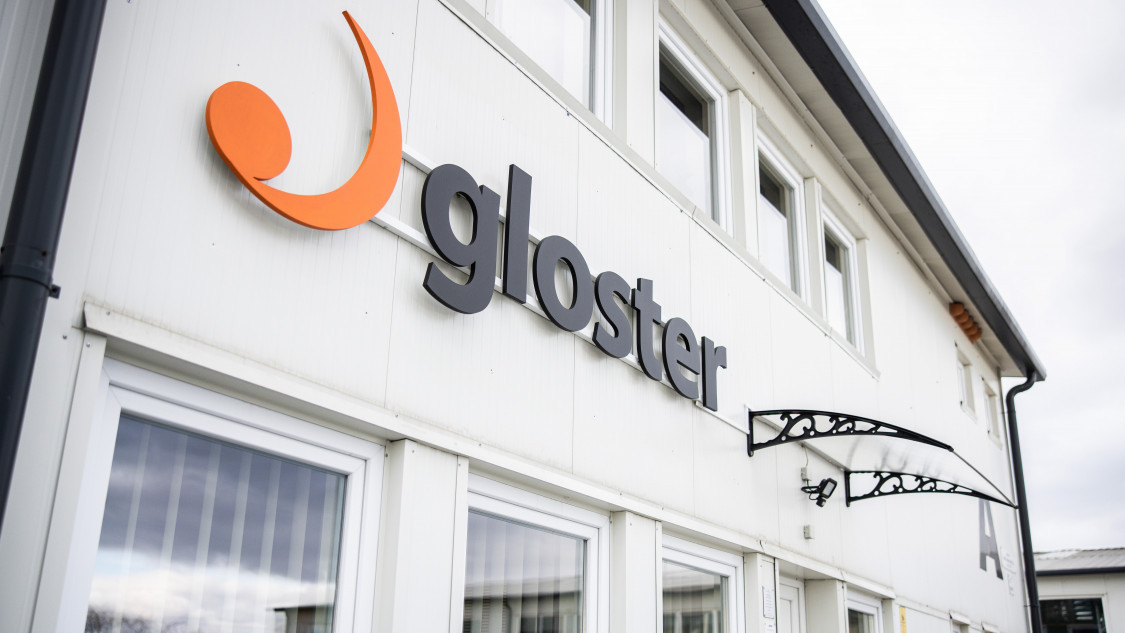Tungsram takes up Elon Musk’s USD 6 bln challenge

Hungarian technology innovator Tungsram is proposing an answer to Elon Musk’s USD 6 billion offer to the United Nations World Food Program to alleviate world hunger. Indoor farming, food factories for Africa, and integrated food clusters for metropolitan areas are sustainable solutions to the global food crisis. Tungsram recently opened its R&D vertical farm in Budapest, the first of its kind in Central Europe.
Tesla CEO Elon Musk quickly responded to a challenge by UN World Food Program Director (WFP) David Beasley, who reportedly claimed that 2% of Elon Musk’s wealth could greatly help solve world hunger.
“If WFP can describe […] exactly how USD 6 bln will solve world hunger, I will sell Tesla stock right now and do it,” Musk wrote in a tweet, stipulating that the details must be “open-source accounting, so the public sees precisely how the money is spent.”
While the debate between the two continues, Hungarian mid-cap Tungsram has a proposal for WFP, the UN’s Food and Agricultural Organization (FAO), and the Tesla CEO.
“Indoor farming is the most viable solution to achieve this,” says Tungsram president & CEO Jörg Bauer, a former BBJ Expat CEO of the Year winner. “It is an exciting disruptive technology that balances on the thin line between agriculture, industry 4.0, and digital technology to provide feasible global solutions and produce staple food for large numbers of people, as well as integrated ecosystems that can feed animals in a sustainable manner.”
Since becoming independent from GE Lighting in 2018, Tungsram, a 125-year-old, innovative lighting and technology manufacturer, has been collaborating with academic and SME partners to develop indoor farming technologies in a quest to eliminate world hunger.
“Humanity will need to embrace sources of food that go beyond the traditional approach, such as algae, bacteria, and insects, which often have a much higher conversion rate of feed intake. By smartly combining different elements such as vertical farms, animal husbandry, insects, and fish, we can get very close to a zero-waste cluster with optimal productivity, allowing strategic autonomy even in countries with adverse climatic conditions,” Bauer insists.
The Tungsram team recently opened a 150 sqm vertical farm in Budapest to facilitate and advance research in this area. The facility, equipped with the company’s own high-end lighting solutions, is one of a kind in Central Europe.
The team is currently working on two indoor farming goals with its partners; both are deemed highly feasible. The projects focus on so-called food factory units for the African continent and zero-waste, circular food clusters. The food factories would cover basic nutritional needs (2,200 healthy calories plus 2.5 l of drinking water per person per day) in rural areas with an adverse climate, while the clusters would be located in the vicinity of large metropolitan areas to ensure decentralized food production locally.
“Establishing millions of these units could provide healthy and available food independent from weather or season, every single day of the year,” Bauer argues. He adds that the same technology is vital for Musk’s other big project, conquering Mars, where growing local food will be essential.
Global food security is one of humanity’s most pressing challenges and requires immense amounts of innovation and investment. The money the UN has requested from the world’s billionaires would have to be spent on solving several challenges that will pave the way to eventually building these units. One such challenge is a breakthrough in atmospheric water capture that could provide water in climate-stricken, arid areas.
Accelerated breeding that could make plants grow quicker and richer in nutrients without genetic modification is yet another innovation that would be a giant leap toward food security. Research and development in fertilizing, energy storage, remote operation, and automation is also a prerequisite to success.
Bauer says he is convinced that economies of scale could become food security powerhouses; developing and scaling solutions will allow the citizens of developing countries to live a sustainable and worthwhile life in their home regions. Governments and businesses should provide funding for research and innovation to scale food security. This same logic has already proved viable with batteries for electric cars, also an innovation by Elon Musk. “I’m ready to share the details of our plan with WFP, FAO, and Mr. Musk himself,” says Bauer.
For more on Tungsram, see tungsram.com
The article first appeared in this year's Invented in Hungary publication in November 2021.
SUPPORT THE BUDAPEST BUSINESS JOURNAL
Producing journalism that is worthy of the name is a costly business. For 27 years, the publishers, editors and reporters of the Budapest Business Journal have striven to bring you business news that works, information that you can trust, that is factual, accurate and presented without fear or favor.
Newspaper organizations across the globe have struggled to find a business model that allows them to continue to excel, without compromising their ability to perform. Most recently, some have experimented with the idea of involving their most important stakeholders, their readers.
We would like to offer that same opportunity to our readers. We would like to invite you to help us deliver the quality business journalism you require. Hit our Support the BBJ button and you can choose the how much and how often you send us your contributions.








